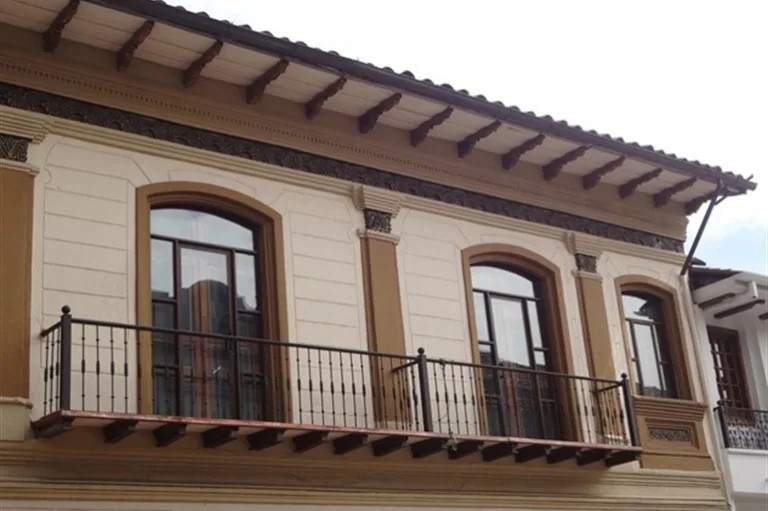CUENCA DIGESTLight rail system clears final hurdle to begin construction; Coopera closure has major impact on area farmers
The final contracts for construction of Cuenca’s light rail system, Tranvia de Los Cuatros Rios, have been signed. Cuenca mayor Paul Granda said construction would begin in August.
The signings had been delayed for four months due to technical problems, Granda said.

“Finally, I can report that the project is officially underway,” said Granda at a signing ceremony at the Old Cathedral. The contracts were with Spanish and French companies who will be responsible for construction and delivery of rolling stock.
Granda said that the 26-kilometer light rail system will “revolutionize” transportation in Cuenca, especially in the historic district. “It will make transportation more efficient, reduce pollution and make Cuenca an even more popular tourist destination.”
According to officials, the Travia project will cost $232 million, the largest public expenditure on a single project in Cuenca history. Most of the funding comes from the federal government while other funds come from an interest-free loan from the French government.
Construction of Travia will require about two years, with operations expected to begin at the end of 2015.
Once it’s fully operational, the Tranvia will have 27 stations from the southwest part of the city to the industrial park in the northeast and be capable of carrying 120,000 passengers per day. It will pass through the historic district on Gran Colombia heading east with the westbound route on Mariscal La Mar and Sangarima.
Although the project has been officially approved, some city council members have complained that they have not received full financial details about it. Two council members are claiming the project is a “payoff” from the federal government and President Rafael Correa in exhange for Granda’s support of mining operations in Azuay Province, a claim Granda denies.
Coopera closure hurts area farmers
Although the headlines have focused on investors, the closing of Cuenca’s Coopera has also had an impact on many area farmers. The coop, through its chain of organic food markets, was the primary buyer of many local fruits and vegetables.
In a meeting last week at the Coopera, farmers gathered to ask questions of government officials responsible for liquidating the coop. Many complained that they had not been paid by Coopera for months for deliveries; they were assured that payments were forthcoming. Others asked about the status of the food markets and were told that the government hoped the markets could be sold and continue to operate.
Most of the farmers affected are in the San Joaquin community west of Cuenca, where Coopera headquarters were located. One farmer estamted that more than 200 farmers are affected by the Coopera closure.
Broken Bridge to be repaired
Work will begin at the end of the year to restore Cuenca’s Broken Bridge on Paseo Tres de Noviembre. The bridge, on the Tomebamba River, is a popular venue for art exhibits and concerts.
Paul Carrasco, director of the Barranco Foundation, says that a number of repairs will be made, waterproofing will be added to the bridge surface, railings will be installed and vegetation will be removed.
The project has been funded for $1 million.
The bridge was built in 1840 and was in continuous use until 1950 when high water in the Tomebamba washed out one of its support columns. For safety reasons, the city demolished most of the bridge, leaving the current structure standing on the north side of the river.
Photo caption: Cuenca’s light rail system begins construction in August.





















